There are many dangers associated with a winter storm, from car accidents to carbon monoxide poisoning to hypothermia and other medical emergencies. Winter storms can leave you without power and other community services for long periods of time.
So, the best time to prepare for a winter storm is before your area is at risk.
Steps to prepare for a winter storm
Winter storms can bring extremely cold temperatures, icy roads, power failures and more. Therefore, it’s important to know the risks for a winter storm in your area. Make sure you’re signed up for emergency alerts, and pay attention to local weather reports and warnings of freezing weather and winter storms.
Other smart ways to plan for a winter storm include:
-
Prepare your home to keep the cold out. This includes ensuring you have proper insulation, caulking and weather stripping throughout your home. Research how to keep your pipes from freezing and test all smoke alarms and carbon monoxide detectors.
-
Gather several days’ worth of supplies. You might lose power during a winter storm, so you’ll need food, water and emergency supplies to hold you over. Plan for each family member’s specific needs, including individuals with disabilities. Don’t forget about the needs of your pets.
-
Create an emergency disaster kit for your vehicle. If you can’t completely avoid traveling during a winter storm, stock your car with items like warm clothes, blankets, bottled water and non-perishable snacks, jumper cables, and a flashlight with extra batteries — among other cold weather disaster supplies.
What to do during a winter storm
Being outside during a winter storm can quickly become dangerous. Keep yourself and your family safe during a winter storm by:
-
Staying off the roads. If you get stranded on the road, stay in your car.
-
Limiting outside time. Wear layers of warm clothing if you need to go outside.
-
Heating your home safely. Don’t heat your home with a gas range or oven. Only use generators and grills outdoors, away from windows.
Don’t forget to check on your neighbors, family and friends during a winter storm. Older adults and children are at a higher risk in extreme temperatures.
To learn how to respond to signs of frostbite and hypothermia, take a CPR, AED and First Aid class near you.







.png?width=600&name=HSI-CTA-EmergencyCareTraining%20(1).png)











Comments